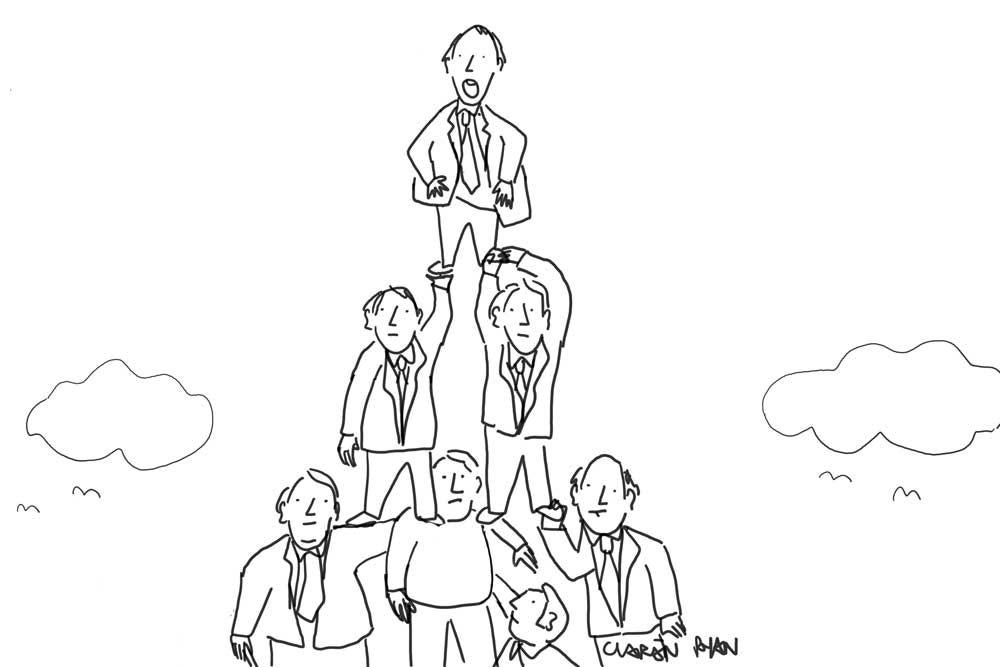Political lobbying exploits bounded rationality
Why aren't more of us concerned about paid lobbying in politics? Perhaps because many of us won't consider the outsized efforts undertaken to sway public opinion.
We all use inductive reasoning. We reach conclusions based on our own specific experiences. Our reasoning is based on what is known, not on the entirety of reality.
This means that our rationality is bounded; our decision-making is limited by our incomplete information.
Many of us won’t consider large-scale political lobbying. And if we do it’s so outside our sphere of experience that it sounds outlandish, and is dismissed.
After all, what “normal” person would set up an entire TV network to promote right-wing propaganda? Or finance a multimillion dollar, multi-year budget to encourage “uncertainty” about climate change? Or build a network of more than 500 “think tanks” in nearly 100 countries to push for lower taxes for the rich?
No “normal” person would - it would involve a huge amount of effort - therefore, many of us conclude, these organisations are unlikely to exist.
Bounded rationality is also exploited by stage magicians. As Teller, from magician duo Penn & Teller, puts it:
”Make the secret a lot more trouble than the trick seems worth. You will be fooled by a trick if it involves more time, money and practice than you (or any other sane onlooker) would be willing to invest. “
In summary: One of the reasons why there’s not more outrage about the corruption of our political systems is that, to many of us, effective lobbying requires an unlikely amount of effort.
See also
TV network setup to promote right-wing propaganda - Roger Ailes’ “A Plan For Putting the GOP on TV News”.
A multimillion dollar, multi-year budget to encourage “uncertainty” about climate change - the Global Climate Science Communications Plan.
A network of more than 500 “think tanks” in nearly 100 countries - Atlas network.


